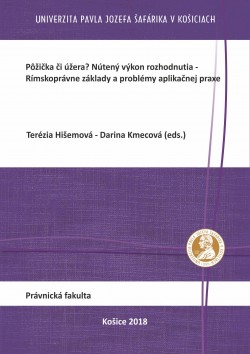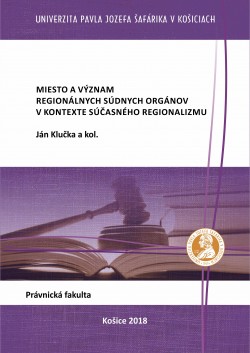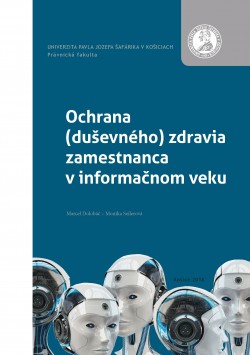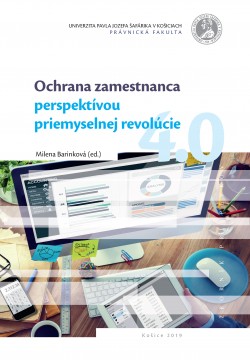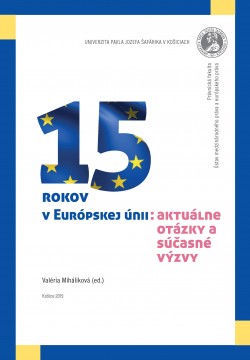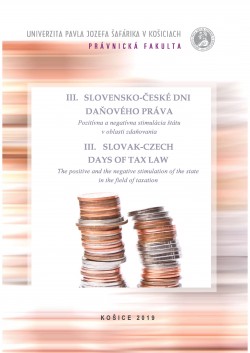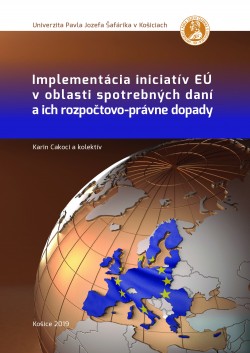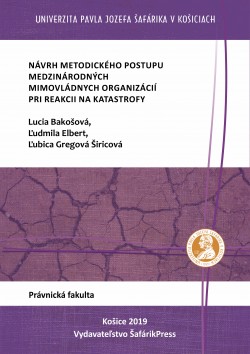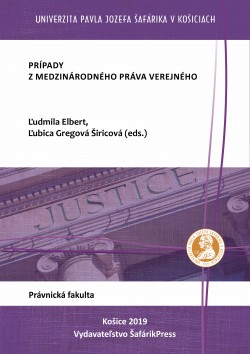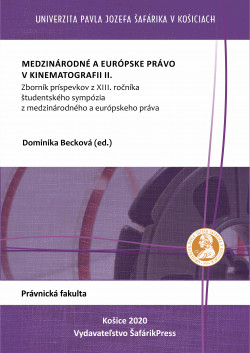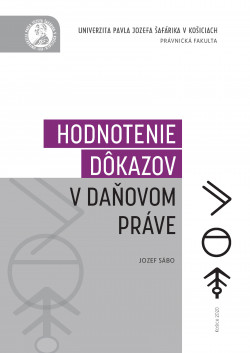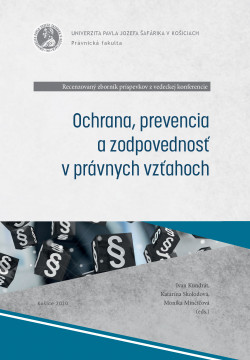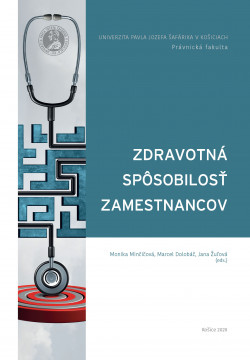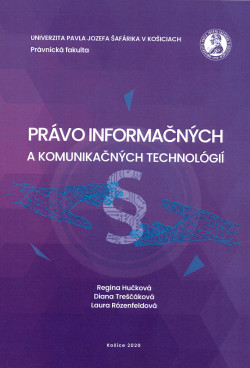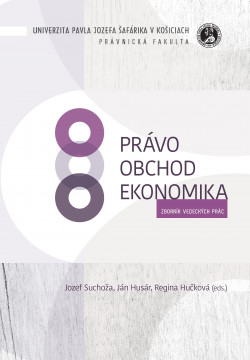Žiadne produkty
Produkt bol úspešne pridaný do vášho košíka
0 ks tovaru Vo vašom košíku je 1 produkt.
Impact of legislation and law enforcement on the content of contracts with particular regard to the time of World War I ...
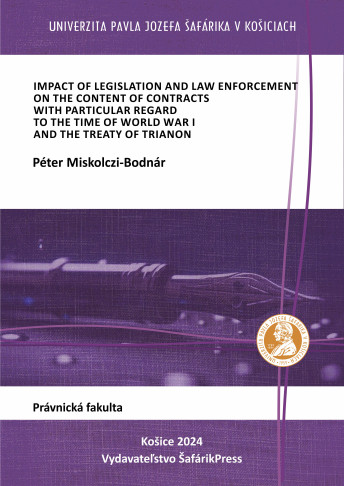
Ďalšie informácie
| Autor: | Péter Miskolczi Bodnár |
| Rok vydania: | 2024 |
| Dostupné od: | 25.06.2024 |
| Vydanie: | 1. vydanie |
| Typ dokumentu: | monografia |
| Jazyk publikácie: | angličtina |
| Počet strán: | 66 |
| Fakulta/pracovisko UPJŠ: | Právnická fakulta UPJŠ |
| Poznámka: | The publication was supported by the Slovak Research and Development Agency under the Contract No. APVV-19-0419: „100 Years of Treaty of Trianon“. |
| DOI: | https://doi.org/10.33542/IOL-0335-7 |
| Licencia: | Creative Commons BY NC ND (Uveďte autora - Nepoužívajte komerčne - Nespracovávajte) |
Popis
This monograph examines when the state has the right to intervene in the legal relationship between contracting parties, and if it is possible, when it can act as a legislator and/or a law applier and what the nature of the intervention may be. In this study, the limits related to the rights and obligations of the parties are scrutinized. The monograph delineates the theoretical frameworks of state intervention. The author distinguishes the forms of intervention concerning future contracts and those already concluded. The study lists the circumstances grounding the mandatory norms concerning future contracts with the presentation of Roman law. In the context of state influence on the content of contracts already concluded, judicial decisions play a stronger role than legislation and government measures also appear. The monograph presents the legislative measures affecting the contracts already concluded and the reasons thereof in a differentiated way, divided into different periods. In the author's view, World War I and especially the subsequent Treaty of Trianon brought a significant change in the assessment of state intervention, and therefore, he devotes special attention to the examination of this period. The monograph provides an outline of overview of the international tendencies of the period from the peace treaty to the present day. The study presents the era of Hungarian legislation being prone to make mandatory rules and delineates the relevant provisions of the applicable Hungarian law. At the end of the monograph the reader can find the author’s evaluative comments. While acknowledging the positive aspects of state involvement, attention should also be paid to the dangers of excessive state intervention in Eastern Europe.





